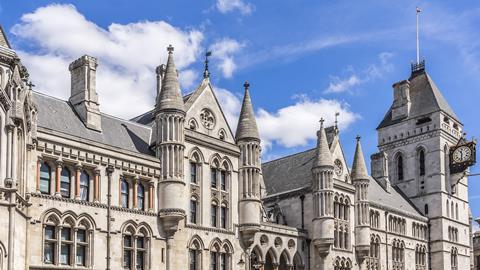A High Court judge has not given ‘any weight’ to AI-generated information submitted as evidence about whether a mother in a family case would be entitled to state benefits in New Zealand.
The evidence was submitted in the case of B, a three year old boy, who was born in New Zealand in 2022 and lived there for two years until his British mother, JV, brought him to the UK for a family wedding with the father’s consent. They did not return to New Zealand after the wedding and in May 2025 B’s father, PB, brought proceedings under the 1980 Hague Convention for the summary return of B to New Zealand.
In B (A Child) Mr David Rees KC, sitting as deputy judge of the High Court, refused an order to return in the case, holding that B had lived nearly one third of his life in England and had achieved a measure of stability at an important and formative time for him.
But one of the factor’s Rees considered in reaching his decision was the mother’s entitlement to state benefits in New Zealand. Victoria Green, for the mother, argued that the mother and B would have no income, no job and be placed in an intolerable situation on return to New Zealand, asserting that the mother would not be entitled to any state benefits and has only £2,500 in savings.
Rees said: 'This is not an issue upon which I have received any formal evidence (one way or the other). After the close of submissions, and during the preparation of this judgment I received an email from Ms [Geraldine] More O’Ferrall with some AI-generated information obtained by the father’s New Zealand solicitors on the benefit position. This indicates that New Zealand has a good “safety net” welfare system. However, the mother’s entitlement to benefits may be contingent on her having retained her residency. Given the late and unsatisfactory nature of this evidence I do not give it any weight.'
The father’s New Zealand solicitors were not named in the judgment. He was represented in England by Eskinazi & Co, part of GT Stewart Solicitors.



























